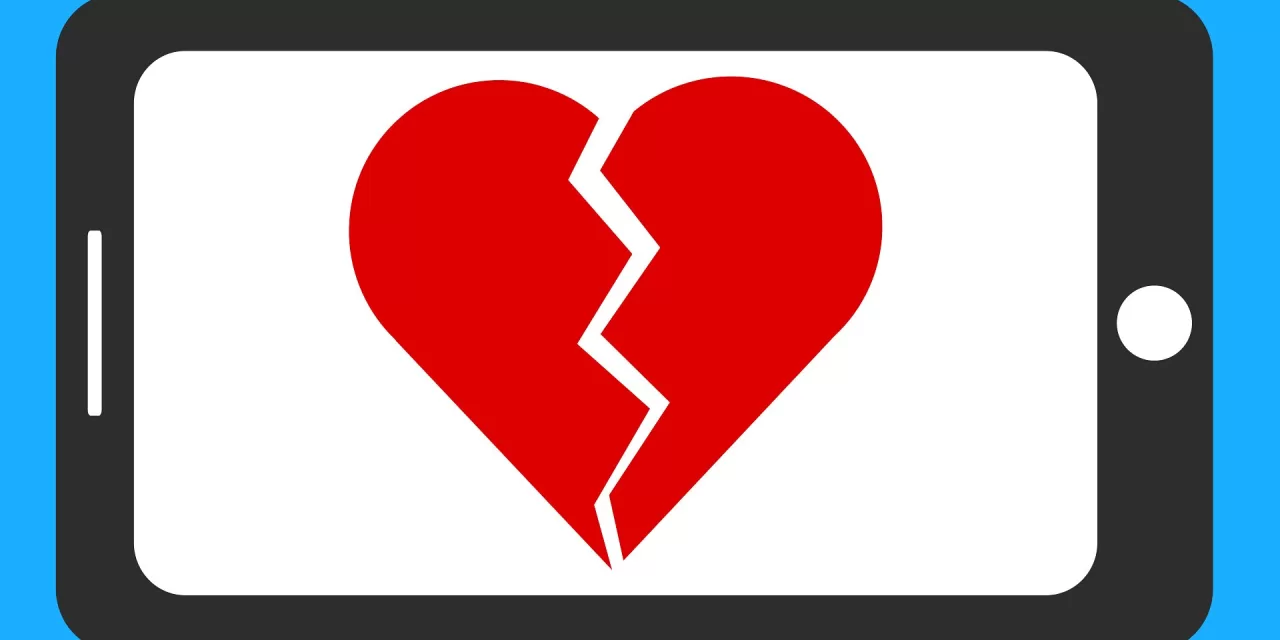Romantic rejection is a painful yet universal human experience. Whether it’s a long-term relationship ending or unreciprocated feelings for a crush, rejection can sting deeply. However, psychologists suggest that how we respond to rejection can significantly impact our emotional well-being and future relationships.
Why Does Rejection Hurt So Much?
Humans are social creatures, hardwired to seek acceptance and connection. Research indicates that romantic relationships offer some of the strongest forms of social bonds. Consequently, rejection in these relationships can be particularly distressing, triggering feelings of isolation and unworthiness.
Not everyone experiences rejection in the same way. Some individuals have higher rejection sensitivity, meaning they are more likely to anticipate and perceive rejection—even when it may not be intentional. This heightened awareness can sometimes lead to misinterpretations and self-fulfilling prophecies, where fears of rejection lead to withdrawal and social isolation.
Psychological Strategies for Coping with Rejection
Experts recommend several strategies to manage the emotional toll of rejection constructively:
1. Practice Self-Reflection
Identifying personal patterns of rejection sensitivity can help individuals manage their responses. Those with low self-esteem or insecure attachment styles may be more prone to feeling rejected. Recognizing these tendencies allows for more mindful reactions to romantic disappointments.
2. Engage in Positive Communication
Rather than assuming negative intentions, try to communicate openly about feelings and expectations. When addressing relationship concerns, focus on expressing emotions constructively rather than placing blame.
3. Accept Rejection as a Learning Experience
Rejection can serve as a valuable tool for self-improvement. Instead of dwelling on feelings of inadequacy, view rejection as an opportunity for growth. Understanding what went wrong can lead to healthier relationships in the future.
4. Maintain Healthy Self-Esteem
People with high self-esteem are generally more resilient to rejection. They are more likely to interpret rejection as a circumstantial event rather than a reflection of their worth. Engaging in self-care and surrounding oneself with supportive relationships can help bolster self-confidence.
Conclusion
While rejection is an inevitable part of romantic life, adopting healthier coping strategies can minimize its emotional impact. By understanding and accepting rejection as a normal aspect of relationships, individuals can foster stronger connections and improve their overall well-being.
Disclaimer: This article is for informational purposes only and should not be considered professional psychological advice. If you are struggling with severe emotional distress, consider seeking help from a licensed therapist or counselor.











